Prevent Hair Loss and Grow Healthy Hair Naturally
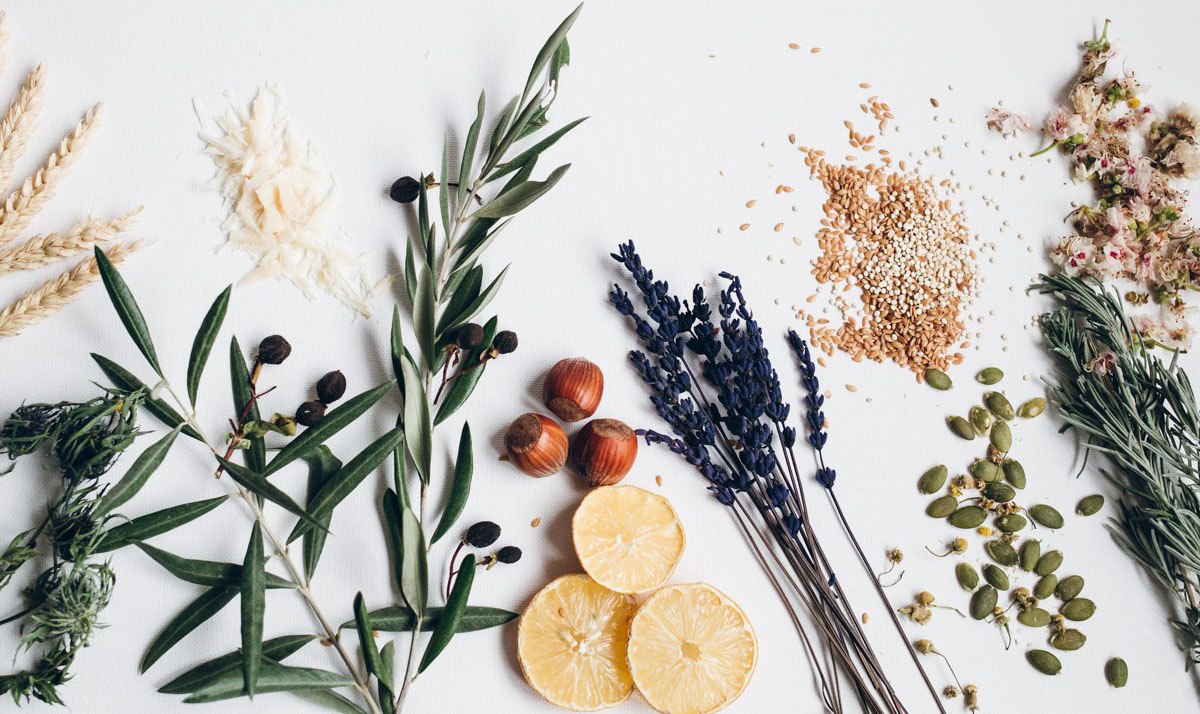
Free Hairspray with purchase of any 3 Hair colours (subject to stocks availability)

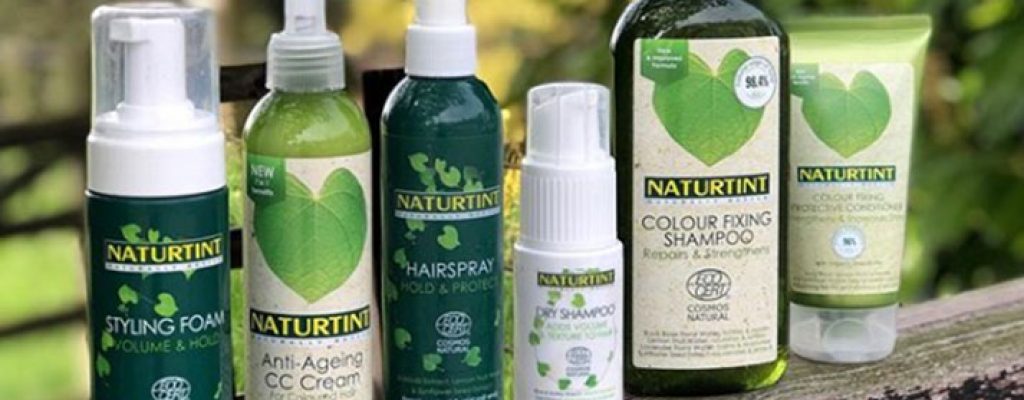



Vitamin A is an essential component for cell growth- this includes your hair, diets low in this can lead to hair loss. This essential vitamin not only promotes growth, but also helps your skin produce sebum. Sebum is an oily substance that moisturizes the scalp, helping keep hair healthy. Common foods containing Vitamin A include sweet potatoes, carrots, pumpkin, spinach and kale. It can also be found in animal products such as milk, eggs and yogurt.
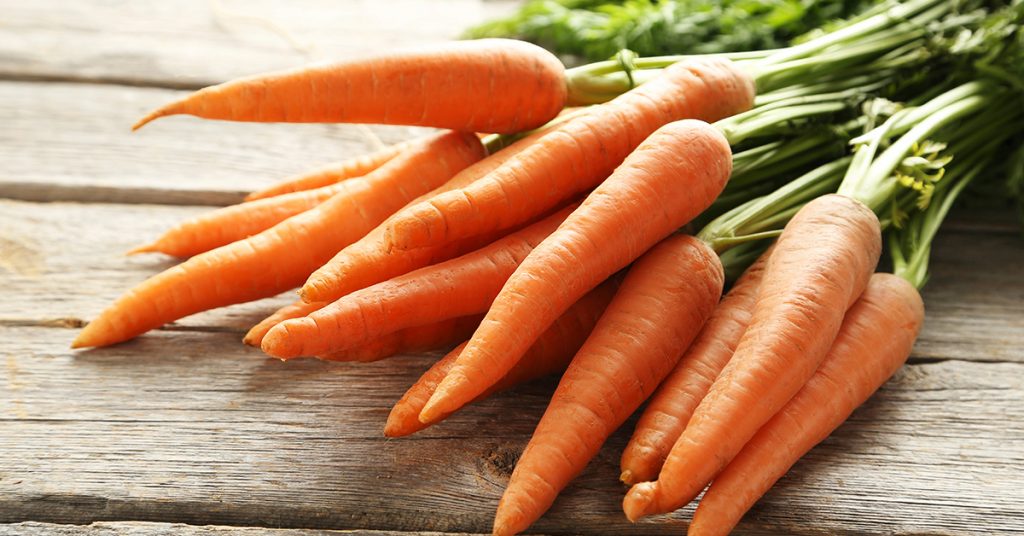
Throughout the hair industry, Biotin is one of the most commonly known vitamins linked to hair growth. A deficiency in this B-Vitamin is linked to hair loss making it an effective alternative hair-loss treatment. Biotin can be found in grains, almonds, meat, fish and dark leafy greens.
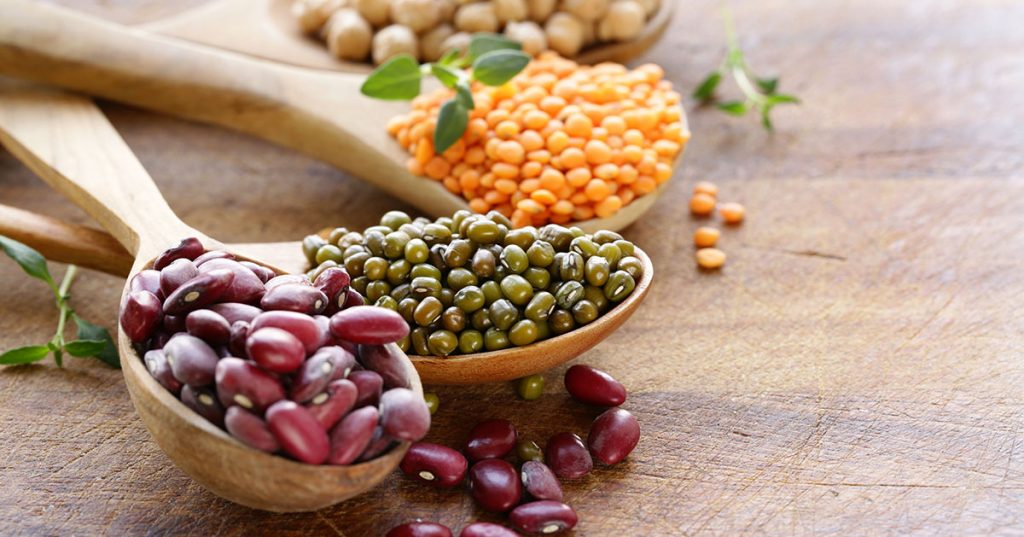
Your body needs Vitamin C to create collagen- a protein which is an important part of hair structure. This vitamin is a powerful antioxidant, helping the body fight against hair-aging oxidative stress. In addition, this super vitamin helps your body absorb iron which is essential for hair growth. Citrus fruits are the most common source of vitamin C but it can also be found in strawberries, capsicums and guavas.
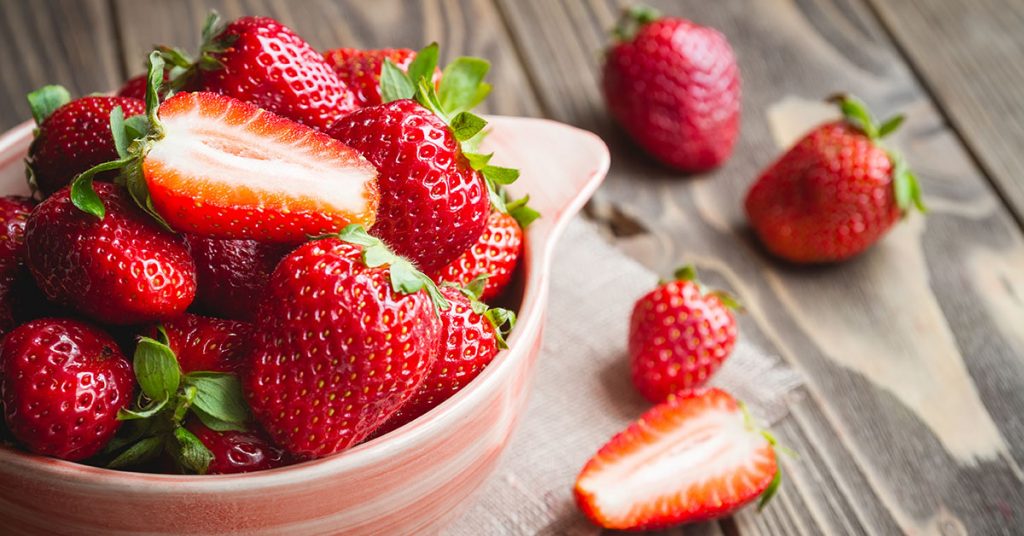
Iron deficiencies are commonly known for causing hair loss. This is because iron helps red blood cells carry oxygen to your cells, making it an important mineral for hair growth. Iron rich foods include eggs, spinach, lentils and beans
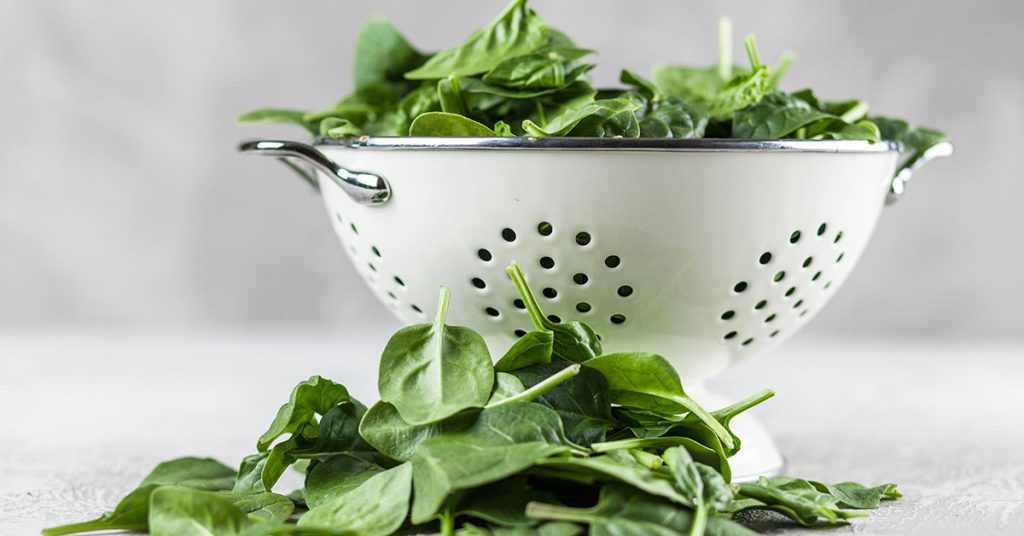
Hair loss is a common symptom of zinc deficiencies. For hair tissue needs zinc to grown and repair the follicles and well as keep the oil glands working properly. The best way to get zinc is through your foods such as beef, spinach, pumpkin seeds and lentils.
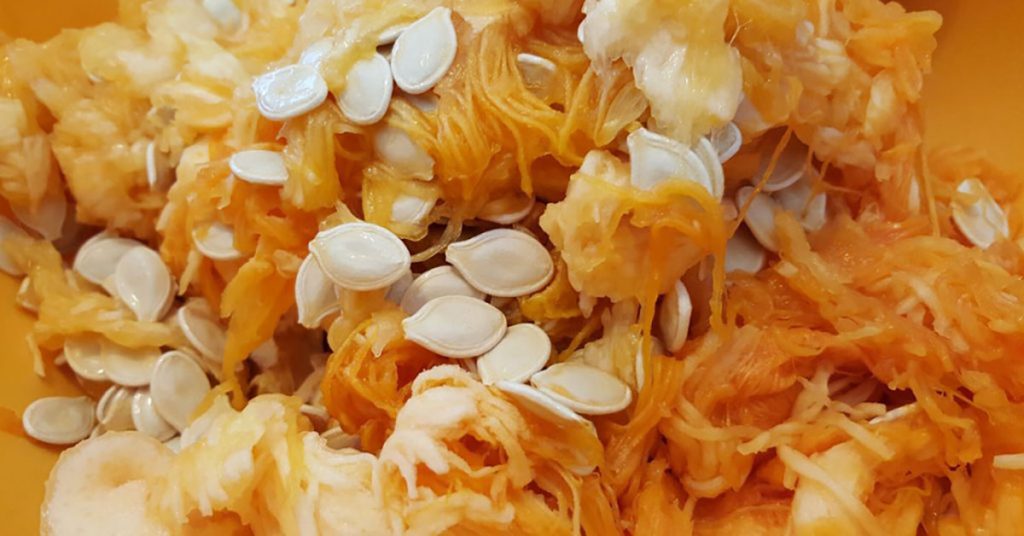
Your hair is almost entirely protein! The cortex of your hair is made up of a protein called keratin. Ensuring you have sufficient protein in your diet will help maintain hair strength, stopping snapping which makes your hair look thin and brittle. Although most commonly consumed through meat, foods such as spinach, beans, lentils and nuts are shown to have similar amounts per 100g!
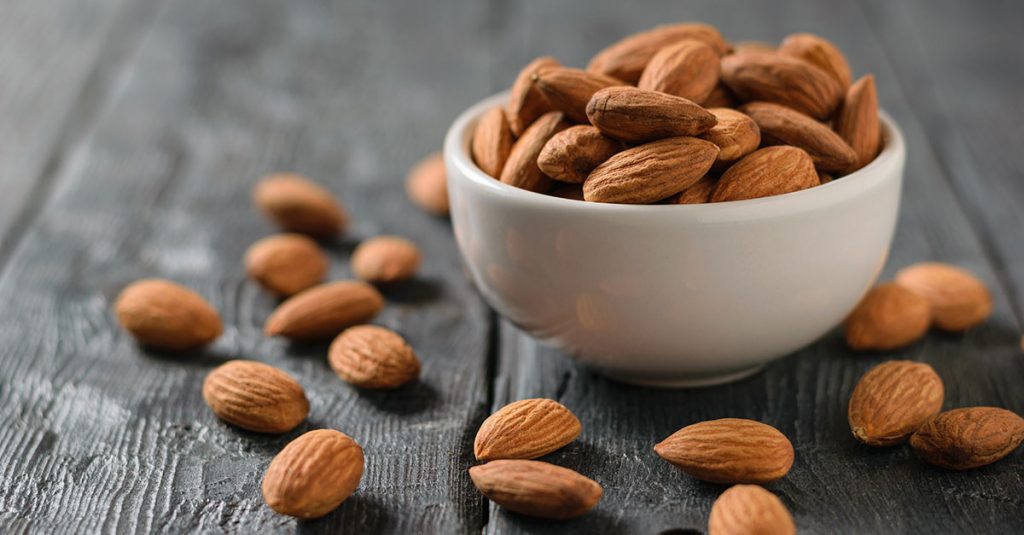
Omega-3 nourishes hair and supports growth through keeping the scalp and hair hydrated. It also has anti-inflammatory properties which help reduce the inflammation connected to hair loss. You’ll find Omega-3 fatty acids in oily fish such as salmon and herring, as well as avocados, walnuts and flaxseed.
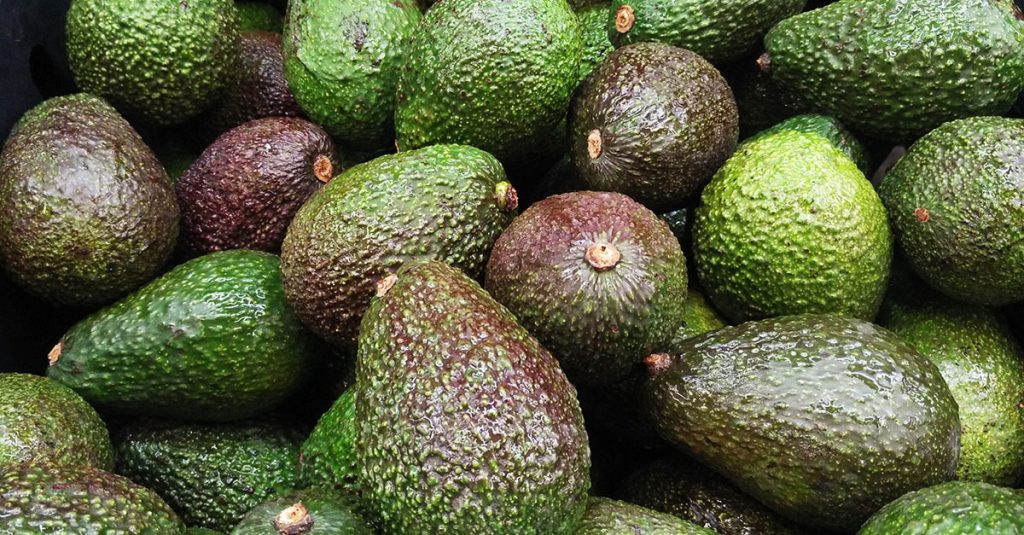
Remember that the above should form part of a health, balanced diet and to make sure you’re always staying hydrated. If you think you might have a deficiency or any further concerns, please consult your GP.

